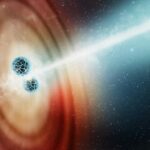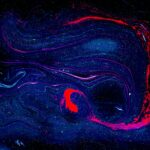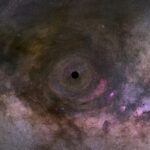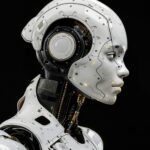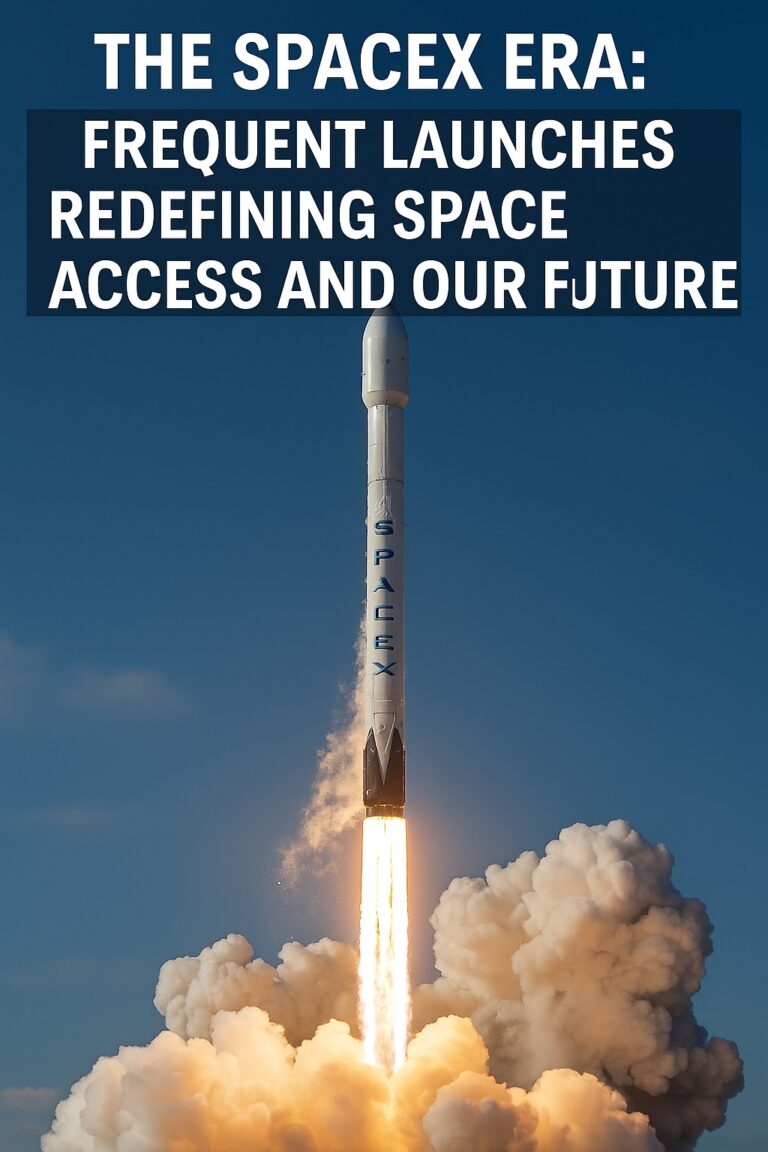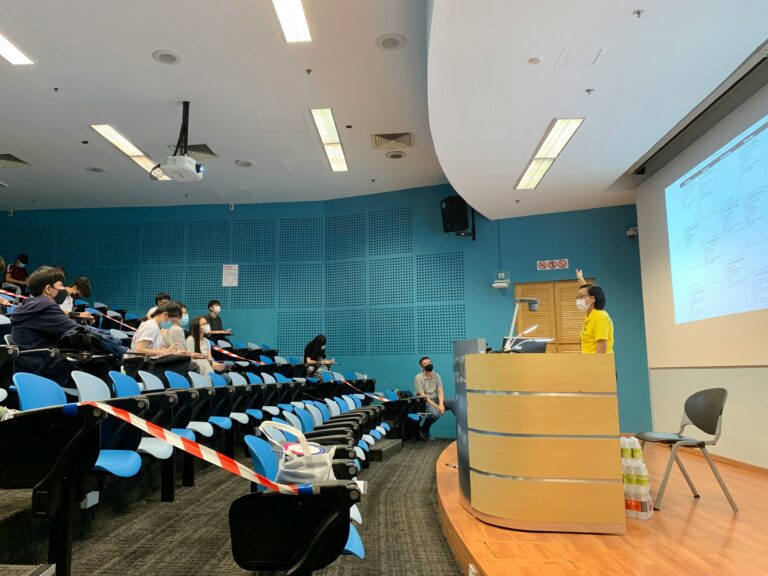Published: June 13, 2025
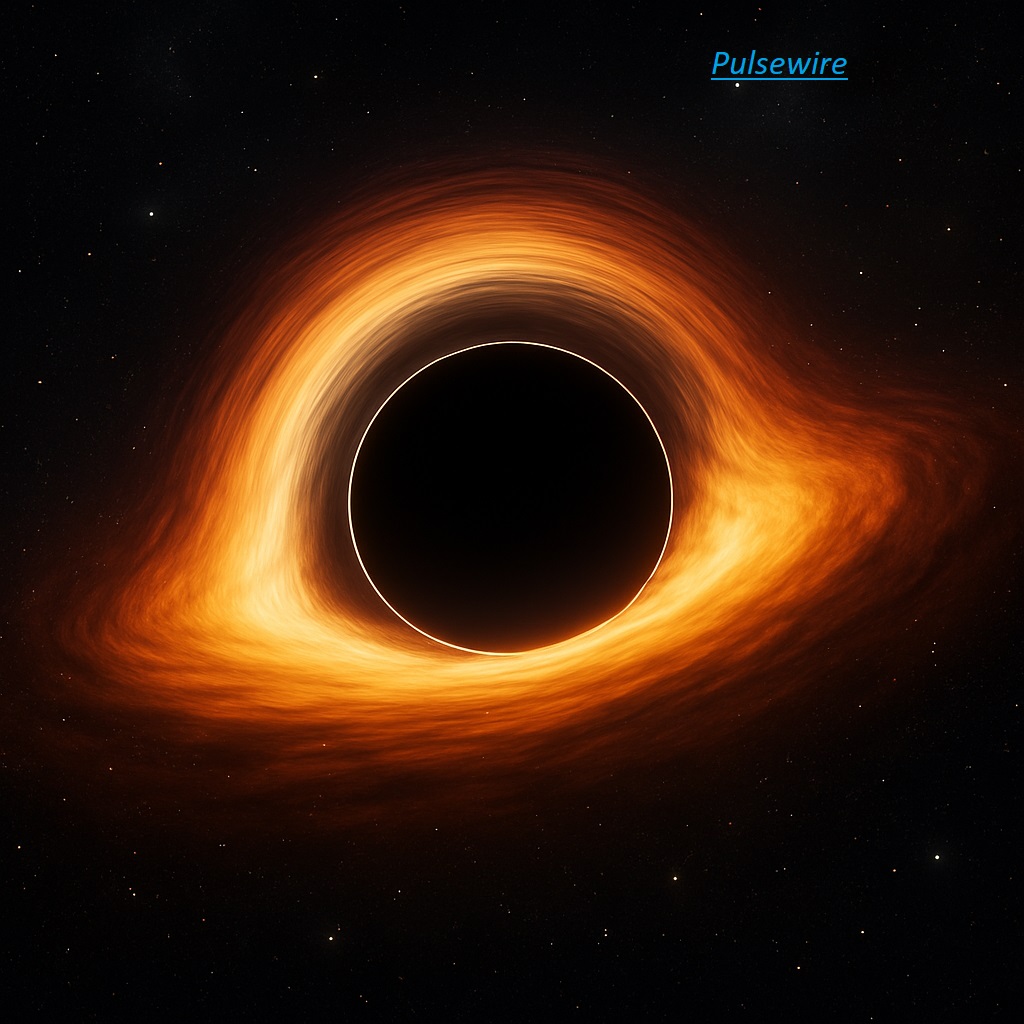
Disclaimer: This article reports on and analyzes a new scientific study. It presents a hypothesis for one of science’s greatest mysteries and requires academic peer review and further evidence. It is not presented as a definitive truth in place of any established scientific theory.
Could Our Universe Be Inside a Black Hole?
Have you ever wondered whether our vast universe, teeming with billions of galaxies, might actually exist inside a black hole? What once sounded like science fiction is now a serious scientific proposition, thanks to a recent UK-based study that questions the core of the Big Bang theory.
This article explores this radical new idea, how it reframes our understanding of the universe’s birth, and what it means for the future of cosmology.
1. The Big Bang: A Quick Recap
The Big Bang theory has long been the leading explanation for how the universe began. It posits that the cosmos originated around 13.8 billion years ago from a singularity—an unimaginably hot and dense point—and has been expanding ever since.
Supporting Evidence Includes:
- Cosmic Microwave Background (CMB) – faint afterglow from the early universe.
- Hubble’s Law – galaxies moving away from us.
- Abundance of light elements – such as hydrogen and helium, consistent with predictions.
Despite its strengths, the Big Bang model leaves lingering questions:
- What was the singularity?
- How does quantum physics fit into the earliest moments?
2. A Bold Hypothesis: The Universe Inside a Black Hole
A new UK study, reported by LiveMint, suggests that our universe didn’t explode from a singularity—but was born inside a black hole through a process known as gravitational collapse.
Core Concepts of the Theory:
- No Singular Origin: The universe didn’t begin from a point, but from the collapse of a previous massive structure—forming a black hole.
- The Bounce: Instead of crushing matter into a point, this black hole led to a “bounce”—a sudden expansion outward, possibly creating a new universe within.
- Blending Physics: This model attempts to reconcile Einstein’s General Relativity (which governs gravity and large-scale structure) with quantum mechanics, a persistent challenge in theoretical physics.
- Endless Cycles: This theory hints at a cosmic recycling loop—universes give birth to new universes through black holes, forming a multiverse structure.
For a deeper dive, check if the original research becomes available in a peer-reviewed journal like arXiv or Nature Astronomy.
3. What Does This Mean for Science?
This theory carries major implications:
❓ Replacing the Big Bang?
By avoiding the singularity, the black hole origin model addresses one of the biggest mysteries in cosmology. It presents a new beginning without infinities, which some physicists find more mathematically satisfying.
🌌 Are We Alone in the Multiverse?
If black holes can birth entire universes, then every black hole in our universe might be a gateway to a new cosmos. This view suggests our universe is not unique but part of a grander multiverse.
🔬 Scientific Skepticism & Peer Review
As with any radical theory, it must survive:
- Rigorous mathematical modeling
- Alignment with astronomical observations
- Independent peer-reviewed studies
Until then, it’s a hypothesis, not a replacement for the Big Bang.
4. Science Never Stops Asking
Whether this theory stands the test of time or not, it reflects the restless spirit of scientific inquiry. Science thrives on challenges, counter-ideas, and evolving understanding. While the Big Bang remains the cornerstone of modern cosmology, bold ideas like the black hole universe theory expand our imagination and guide new research directions.
As NASA explains, scientific theories evolve as new evidence emerges. Questioning assumptions is part of that journey.
🌠 Conclusion: What Lies Beyond?
The idea that we might be living inside a black hole is both humbling and exhilarating. While far from proven, it opens up new ways of thinking about the nature of time, space, and our cosmic origins.
Whether this hypothesis redefines cosmology or simply sparks new questions, it reminds us that the universe is a place of endless mystery—one that we’re only beginning to understand.
🔗 Source Links:
- 📚 LiveMint – Are We Living in a Black Hole?
- 🪐 NASA – What Powered the Big Bang?
- 🌌 ESA – Hubble’s Law and the Expanding Universe
- 📖 arXiv – Scientific Preprints (search for future publication)
🧑💻 About the Author
Sandeep is a science writer and cosmology enthusiast, passionate about translating cutting-edge theories into engaging stories for general readers. His work is grounded in verified research, peer-reviewed publications, and trusted science journalism.

